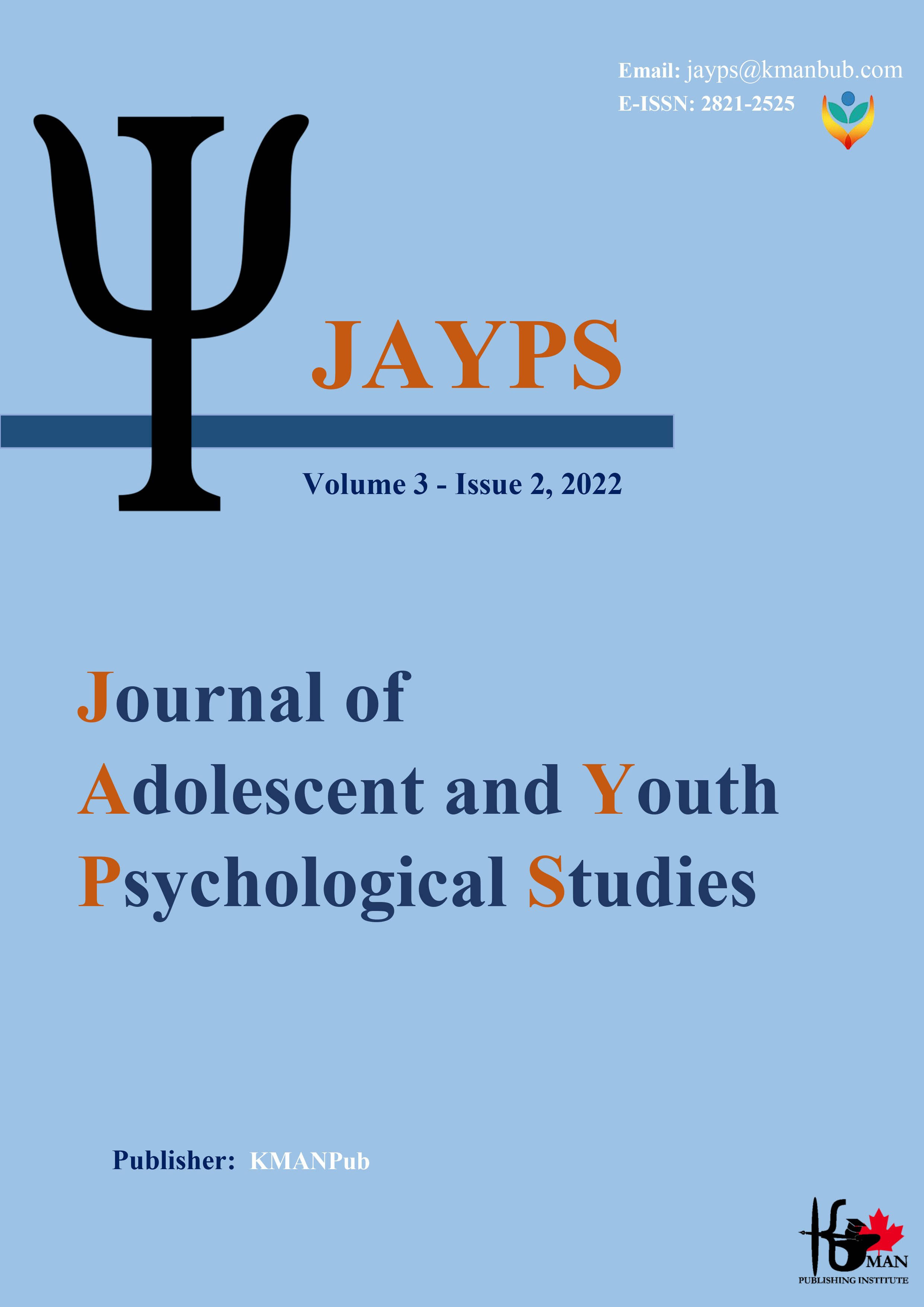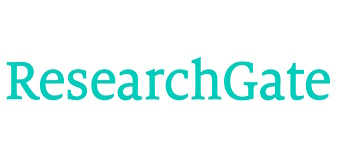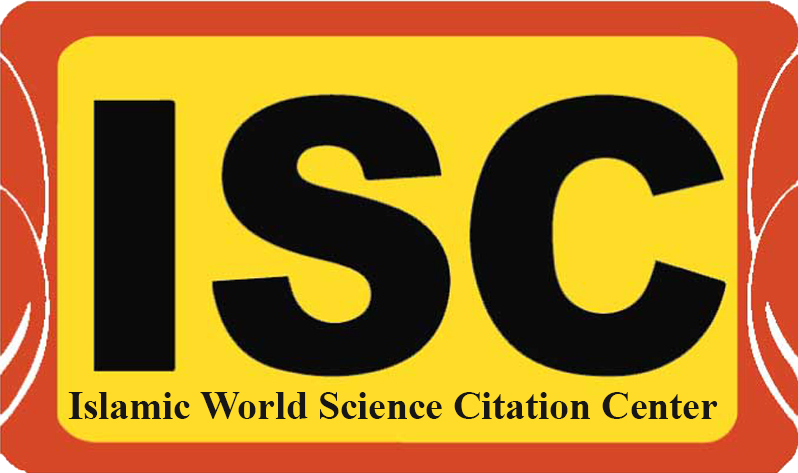The effectiveness of logotherapy training on mental health and quality of work and life in the University of Medical Sciences
Keywords:
logotherapy, mental health, quality of work, quality of lifeAbstract
Background and Aim: The present study investigated the effect of logotherapy training on the mental health and quality of work and life of employees of Golestan University of Medical Sciences. Method: This study is an intervention type with a pre-test and post-test with a control group. The sample of the research is 30 of these working employees who were selected as available sampling and randomly placed in two experimental groups and one control group. To collect data, Walton's occupational quality questionnaire (QWL) and the World Health Organization's quality of life questionnaire (WHOQOL-BRE) were used. Results: The results showed that logotherapy training, compared to the control group, reduced physical symptoms, anxiety, social behavior and depression, and in the result is the improvement in the mental health of the employees of Golestan University of Medical Sciences. These interventions also increase the quality of work and the quality of life of employees. Conclusion: The results showed that logotherapy training is effective on the mental health and quality of work and life of university employees.
Downloads
Downloads
Published
Issue
Section
License

This work is licensed under a Creative Commons Attribution-NonCommercial 4.0 International License.





























